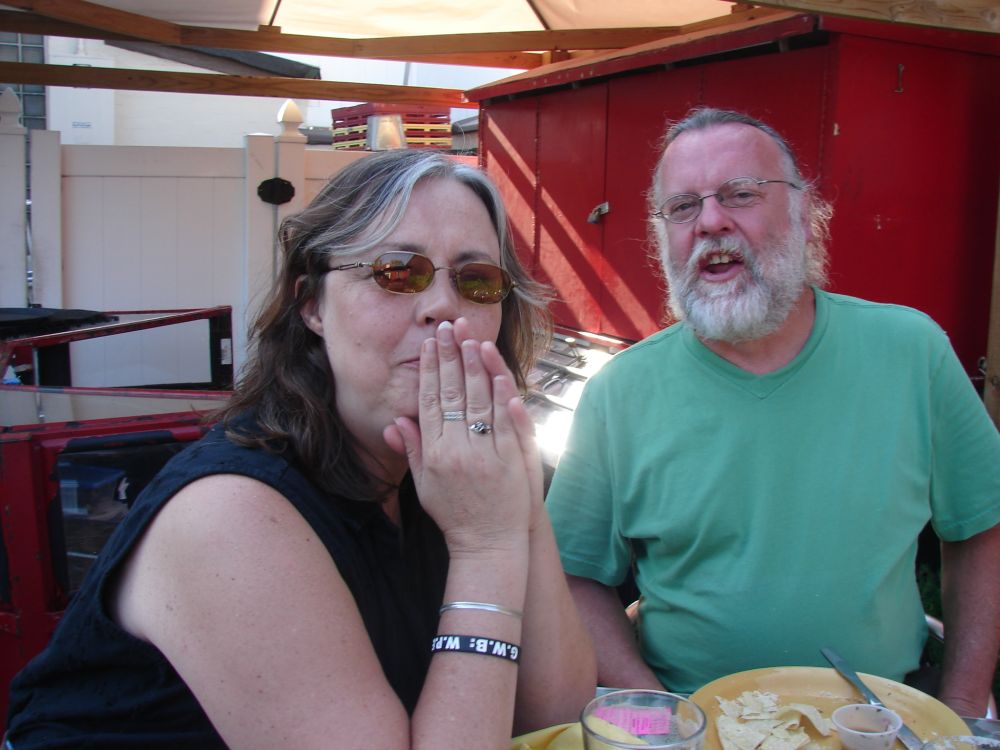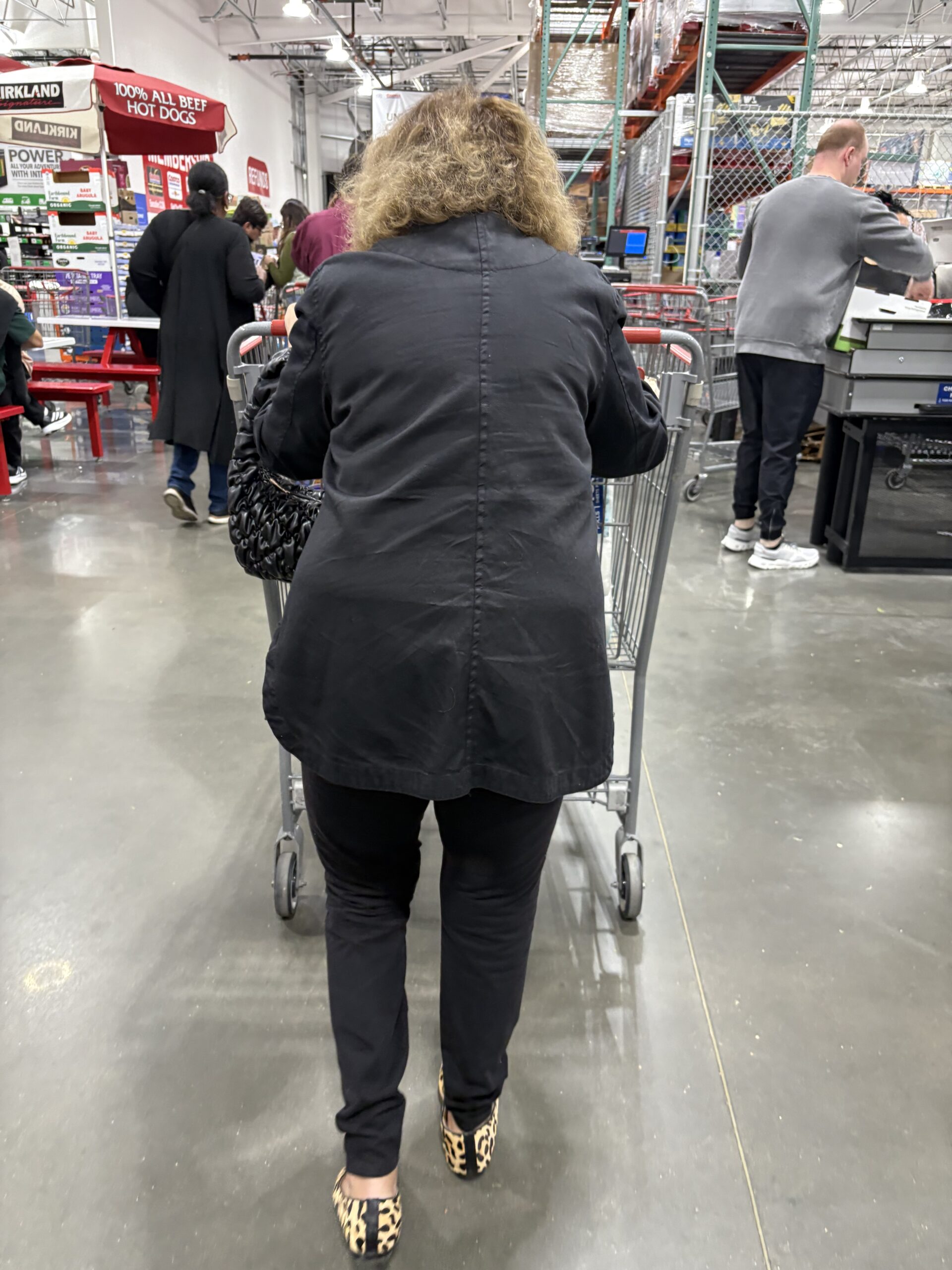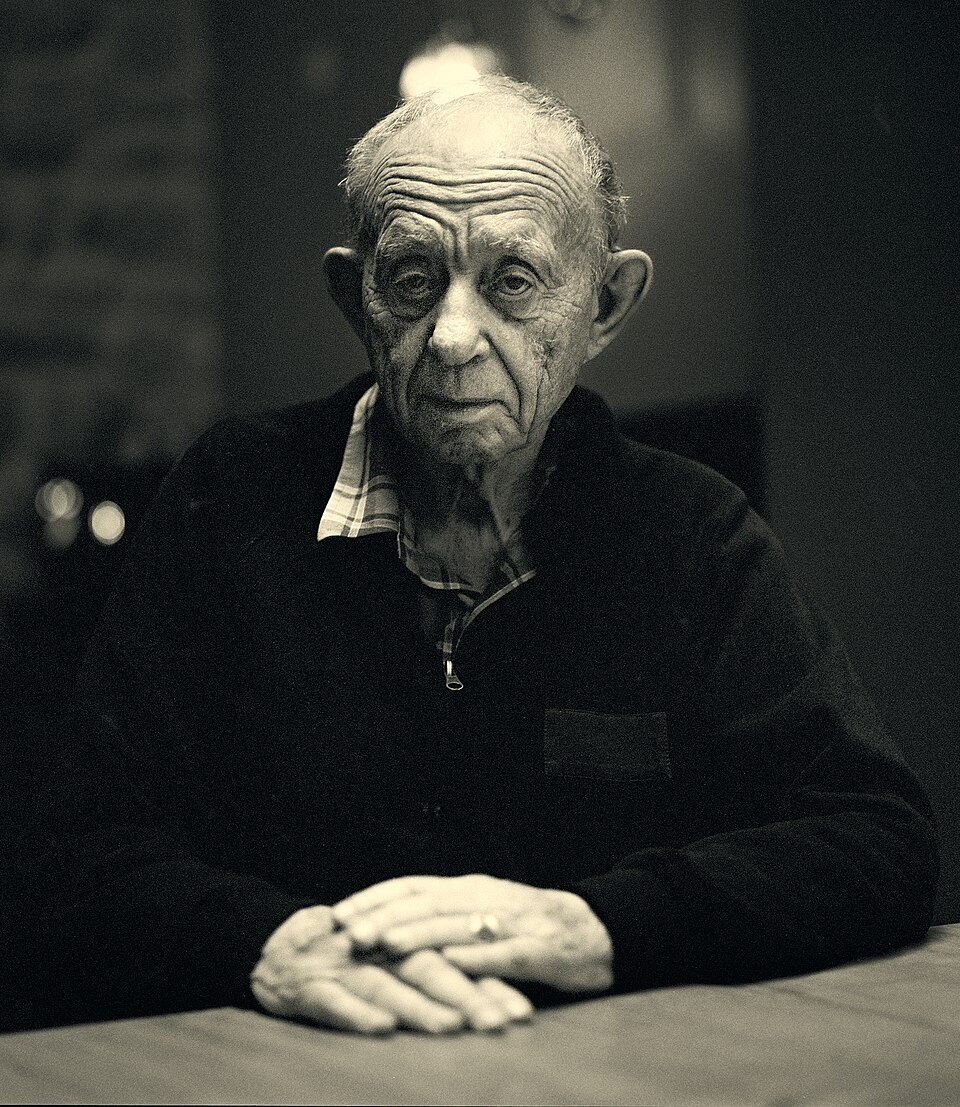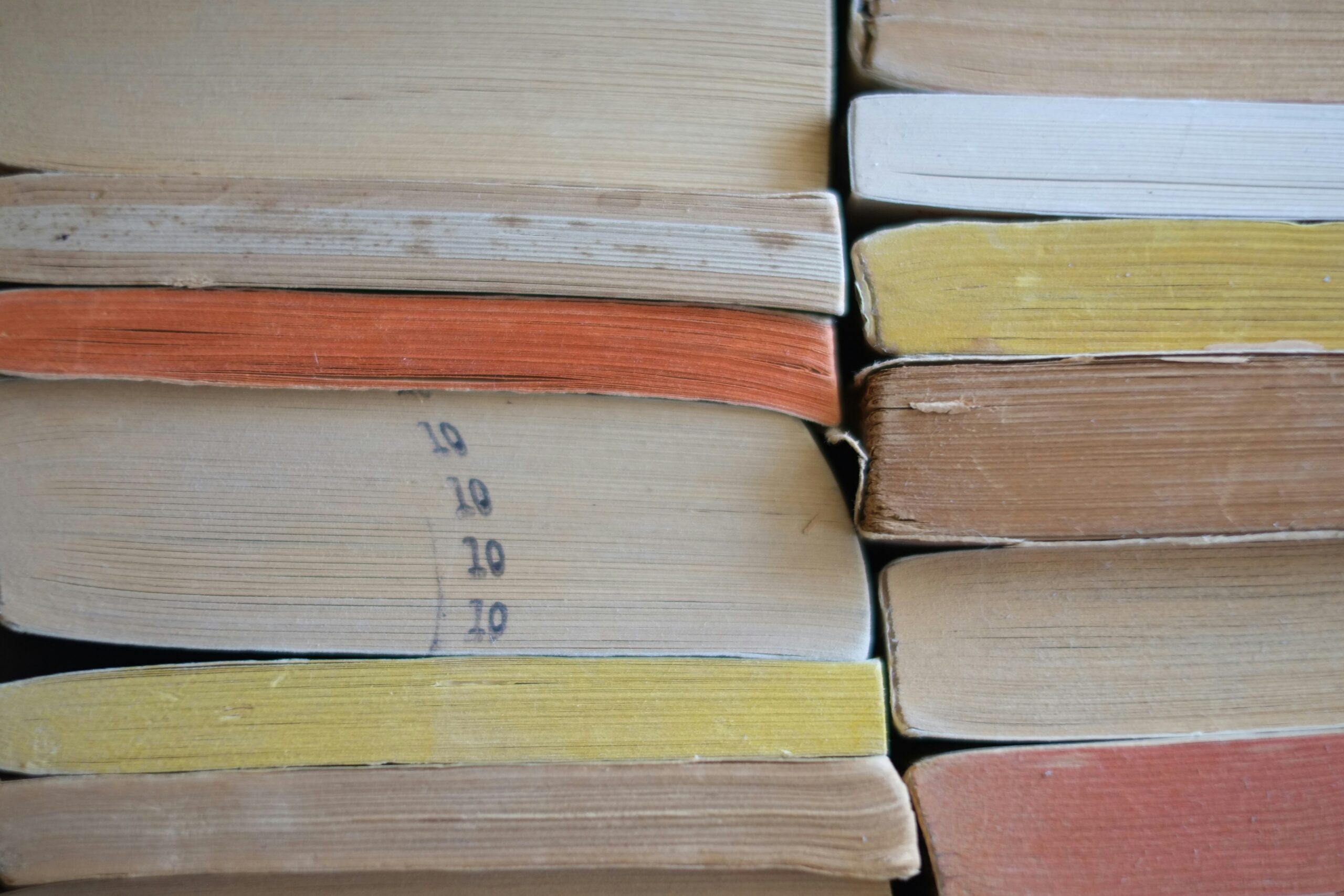That Wild Creature Neko Case
By Chris King
August 19, 2024

I suspect any serious lover of music has a mental checklist of musical artists who deserve a much larger audience than they have garnered. Neko Case—who will begin her next tour in St. Louis at The Sheldon on September 18—stands near the top of my list.
I first heard her as a clarion voice on the first release, Mass Romantic (2000), by the amusingly named New Pornographers, something of a twenty-first-century Canadian indie rock supergroup. Case, who grew up in several American cities and cites Tacoma, Washington, as her hometown, is considered an honorary Canadian after living and playing in bands up there in the 1990s. She did no songwriting on Mass Romantic—A.C. Newman mostly handled that, with a few cameos by Daniel Bejar of the one-man band Destroyer.
So, I did not know what to expect when I picked up the first record of her own Case released after I learned of her existence, Blacklisted (2002), her third record but first as a solo artist (previously, she appeared as Neko Case & Her Boyfriends) and her first record with songs she wrote with no collaborators. Blacklisted was Case’s first release on Chicago’s then-emergent Bloodshot Records, one of the labels that had released music of mine (“Espoontoon” by Eleanor Roosevelt on Hell Bent: Insurgent Country Volume 2, 1995), giving me the distinction of being Neko Case’s labelmate for a few blinks of the eye.
Case’s songwriting tends to be vivid melodically and cryptic lyrically. I can sing along with Blacklisted’s haunting melodies, word for word, yet I could not say what any of the things I am singing really mean. “When I’m walking under stars I covet all the waning hours,” Case wrote in “Tightly.” “All the lonely houses stand like monuments to thieves.” That lyric concludes, “I cling tightly to this life,” a feeling that breathes throughout her songs, which are so rich in sensuous imagery of this Earth, its wild creatures and things.
As a bandleader, Case first released classic country music, and there is country somewhere in everything she does, though for years she has been a rocker with twinges of twang. Her sound has been called “country noir,” which seems redundant, given classic country’s chronic darkness (cf. “I’m So Lonesome I Could Cry,” “Long Black Veil”). Case’s voice is so blindingly bright I can’t think of her music as dark, though her lyrics do trend that way. I have always taken the position that the only depressing songs are the ones that never get finished. Case’s lyrics uplift me like all beautiful art, even when she is writing about loss and pain, two touchstones of hers often communicated through imagery of childhood and nature.
Nature seems to help her balance. She now lives in the hills of northeastern Vermont with many animal companions, both domesticated and wild. She recently lost a dog named Jerome and a horse named Norman to old age. “I still see him in the grass of the meadow, lying on his side, at peace,” she wrote of Norman. “His gray hair covering his black skin at the seam along his belly. His form surrounded by Queen Ann’s Lace, bedstraw, black-eyed Susans, and luscious clumps of goldenrod, many of which contained a big tigery garden spider of a similar yellow-orange hue.” Case will play St. Louis touring a record called Wild Creatures (Anti- Records, 2022), a career-spanning retrospective, so clearly she thinks that wild creatures define her music.
Case writes music on guitar—often the four-string tenor guitar, whose small dimensions befit her tiny hands— though drums were her first instrument and her primary instrument really is her voice. It is difficult to hear her almost unspeakably powerful and piercing voice without thinking of the typical color of her hair, which should have its own name for that intense flaming hue of red.
As her inclusion in a supergroup like New Pornographers would suggest, Case is a songwriter’s songwriter and a musician’s musician. The supporting musicians in her backing band are the best in the business. They include the singer Kelly Hogan, pedal steel guitarist Jon Rauhouse (Case has been bearing witness to his struggle with cancer), and bassist Tom V. Ray, who should be known to St. Louis rockers as a founding member of The Bottle Rockets. Case’s records regularly feature guest spots by indie rock luminaries such as Mark Lanegan of Screaming Trees, Howe Gelb of Giant Sand (another artist who deserves a larger audience), and Joey Burns and John Convertino of Calexico.
Case has now released seven of her own studio albums, plus the new retrospective and two live records, but Blacklisted occupies a rare pantheon in my musical experience. I have spent countless hours in automobiles with my daughter and her mother, and we have evolved a very exclusive list of approved road trip records, no more than 20; Blacklisted is one of those all-family favorites. “I like records where you don’t have to listen to the lyrics to feel the emotion,” said Leyla Fern King, my daughter, who was born a year after Blacklisted was released so has never known life without it.
When I became aware of the Substack phenomenon and learned that Case has a newsletter on Substack, Entering the Lung, I promptly subscribed. Unlike her cryptic lyrics, her prose in these missives tends to be confessional and raw. She writes beautifully, for example, about her bouts of loneliness. On that score, I say with Robert Walser (from Christopher Middleton’s moving translation of “Frau Wilke”), “Oh, whoever has been himself alone can never find another’s loneliness strange,” even the loneliness of the very talented, beloved, and beautiful, though at times I want to remind Case of her own line: “Pretty girls, you’re too good for this.”
“Pretty Girls” has some of Case’s most declarative and literal lyrics. Beauty and women and the issues that cluster around that conjunction clearly preoccupy her. I detect in Case a reaction formation I have seen in other beautiful women. She comes across as deliberately shattering or nipping in the bud any instinct to focus on her physical beauty or even the fact of her gender.
In Case’s public conversation with Rosanne Cash in Nashville in 2022, the two songwriters compared notes on their gender being weaponized against them in the male-dominated music industry. Cash said a male A&R representative once told her to her face that his job was to make her “more fuckable.” Case blurted out that if anyone in the business ever said something like that to her she would expose her genitals and urinate right on the table where the meeting was being held.
That remark typifies Case’s attitude toward exploitation of her physical beauty. When Case won an online Playboy poll for hottest woman (2003) in rock music, she reportedly declined the (admittedly presumptuous) reward, which was a Playboy photoshoot. She has said she identifies as “a critter” more than a woman and feels more masculine than feminine. In her song “Man,” she bluntly asserts as a refrain, “I’m a man.”
Not that you would know that from her album covers, where she tends to represent as a woman in all her complex glory. The cover of Wild Creatures features the artist confronting the viewer with a camera wearing a shirt unbuttoned to reveal a bra. On not one but two record covers she could be construed as a damsel in distress, lying flat on concrete or asphalt. On not one but two record covers she shows lots of leg and wields a sword. If femininity is going to be weaponized against her, then she will wield it like a mighty sword when she wants to.
However, that is show business. In her Substack, social media, and public remarks, she drops the sword and the mask. On January 18 of this year, during a recording session—one of the least glamorous of all human endeavors, when one does the same things over and over again until you get a result you can live with hearing for the rest of your life—she posted to Instagram an unglamour shot of herself with the note, “This is me all hagged-out drained of life essence.” Even the red had bled out of her hair.
Neko Case and I occupy two points on a rectangle of grief. Her close friend and bandmate Kelly Hogan was one of the surviving members of the Jody Grind after a drunk driver hit the band van, killing their bass player Robert Hayes, drummer Rob Clayton, and dear friend Tim Ruttenber, aka Deacon Lunchbox; Hogan and guitarist Bill Taft had decided to ride back to Atlanta with their manager instead. My band Enormous Richard was booked to perform with the Jody Grind and the Flat Duo Jets in New Haven, Connecticut a few days after that tragic crash on April 19, 1992.
That bill was booked by a minor legend of East Coast show promotion, Fernando Pinto. Fernando has knacks for booking bands—such as Nirvana—one of the last times they would play a small room and catching legacy acts on the first bounce of a comeback. Like any passionate curator, Fernando likes to introduce the bands who share his bills to one another. He explained to me why that would not be possible for this show. Dexter Romweber, the front man of the Flat Duo Jets, was very close friends with the people in the Jody Grind and Deacon Lunchbox. The show in New Haven went on for the Flat Duo Jets and our band, though Dexter Romweber —under normal circumstances, a frantic and unpredictable man—was feral with grief.
Reading back issues of her Substack Entering the Lung, I came upon Case’s eulogy of Dexter Romweber. She hailed him as a mentor directly responsible for her career in music. I never met Romweber due to the circumstances of his violent grief the one night we were in the same room and on the same stage, but I ached for Neko Case as she remembered her dead friend and tried to cope with losing him so early; Dexter Romweber died on February 16, 2024, at the age of 57. I imagine Neko Case and Kelly Hogan continue to console each other over their shared loss of this gifted and charismatic man.
As I listen to her music and contemplate the beautiful and wild gifts Neko Case has given us, I am left thinking incongruously of Dexter Romweber running wild with grief in a small club in New Haven in 1992, when Neko Case was still mostly a punk rock drummer, before she had moved to Canada, formed The New Pornographers, and started on her wild (and, at times, lonely) road to now—which will soon lead her to St. Louis and The Sheldon. See you there.






